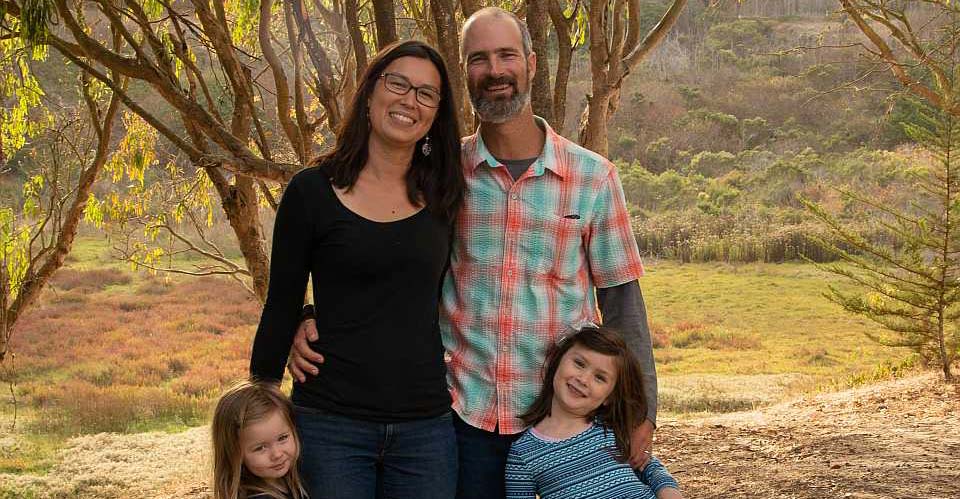For Amy Van Scoik and John Bitter, the quest for quality, affordable farmland began in 2010, as they researched properties and soil profiles throughout the forests of North Central Florida. It was a full year before Amy and John set their sights on a six-acre piece of land in foreclosure with “class 2 ag soil,” a more productive designation than many other plots in the region.
As first-time homebuyers, the couple took out a traditional mortgage since they did not yet qualify for a farm loan through the USDA Farm Service Agency (FSA).
In two years, Frog Song Organics boasted a strong CSA program, as well as local restaurant, wholesale, and commercial customers. When the couple was ready to expand, their neighbors were willing to lease 15 acres abutting the farm.
With assistance through Farm Credit Network and FSA programs, the couple eventually purchased the 15 acres under the lease agreement, along with another 42 contiguous farmable acres. As Farm Credit evolves to include local food producers, entrepreneurs, and unconventional CSA farmers, this network of banks can be a valuable tool for young farmers in need of co-sponsors for their loans.
Expansion has brought increased responsibility and risk. “I love seeing a seedling sprout, and harvesting veggies. But, honestly, I spend more time running a business than thinking about how plants grow at the moment,” Amy explains. “There is a shortage of reliable and skilled local labor, so we have turned to the H-2A guest worker program to find enough workers to meet our production goals. And I have to consider the people who rely on the farm to generate income for themselves and their families.”
Amy and John (along with a little help from their young daughters) are growing over 80 varieties of certified organic vegetables and feeding 100 plus CSA members annually. With 70% of agricultural lands predicated to change hands in the next 20 years, they offer a model example of the ways in which our nation can invest in a healthy future for food and farming.


